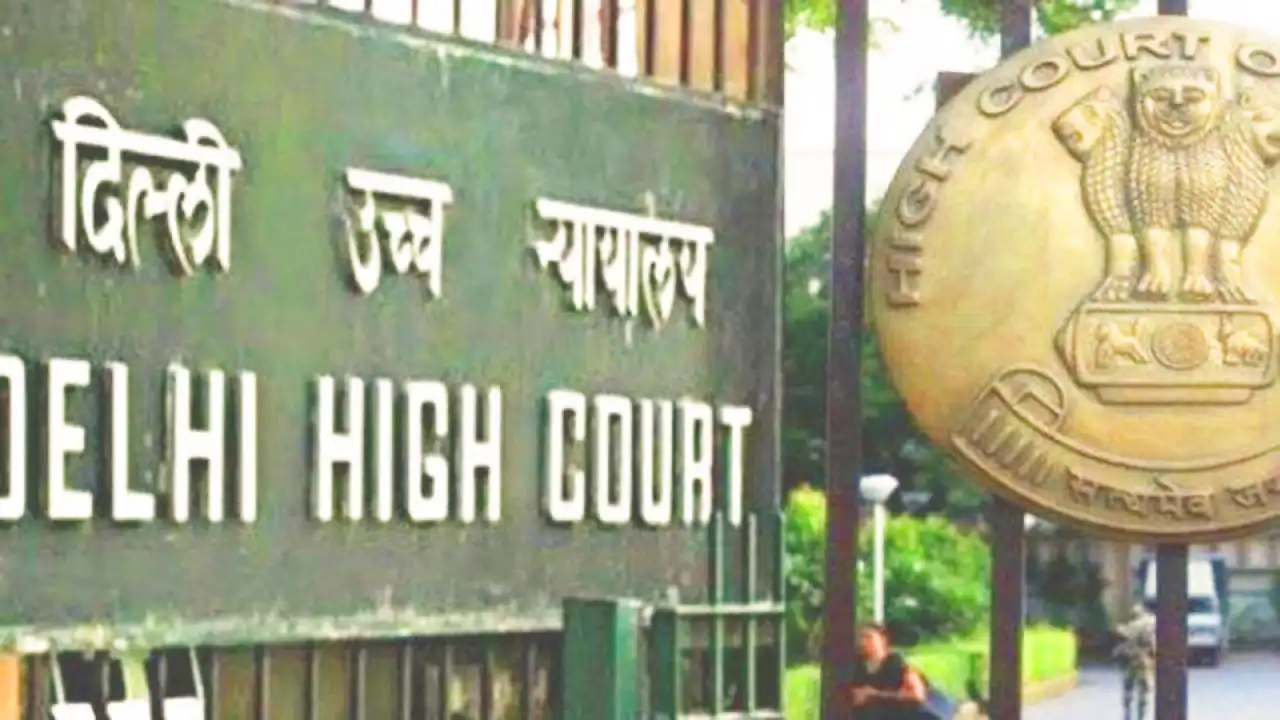Explore the recent Delhi High Court decision clarifying stamp duty exemptions on government-executed agreements and addressing arbitration rights in the case of M/S SVK Infrastructures versus Delhi Tourism.
High Court Clarifies Stamp Duty Exemption and Arbitration Rights
In a recent ruling, Justice Rekha Palli of the Delhi High Court provided vital clarifications regarding stamp duty on government-executed agreements and the rights of parties concerning arbitration clauses. The case in question, M/S SVK Infrastructures versus Delhi Tourism and Transportation Development Corporation Ltd., centered around a work order issued on February 15, 2016. Here are the key points from the judgment:
Stamp Duty Exemption Affirmed
The court reaffirmed that agreements executed by or on behalf of the government are exempt from stamp duty as per Section 3 of the Indian Stamp Act. This exemption ensures the validity of the agreement and any arbitration clause within it.
Successor Entities’ Arbitration Rights
One significant aspect addressed was the right of a party to invoke arbitration when an agreement is transferred from one entity to another. The petitioner, M/S SVK Infrastructures, argued that as the successor entity, it had the standing to initiate arbitration proceedings despite not being the original signatory. The court upheld this contention, emphasizing the petitioner’s legal standing due to the acquisition of rights and obligations from the original entity, M/S Satya Narain.
Pre-Arbitration Steps and Estoppel
The respondent contended that the petitioner’s arbitration request was premature since pre-arbitration steps, specifically referring the dispute to the Disputes Resolution Committee (DRC), were not completed. However, the court dismissed this argument, noting that the petitioner had made a specific request to refer the dispute to the DRC, which was disregarded by the respondent. Consequently, the court held that the respondent was estopped from claiming the petition was premature.
In summary, the Delhi High Court’s ruling clarified the exemption of government-executed agreements from stamp duty, affirmed successor entities’ arbitration rights, and emphasized the importance of honoring arbitration requests made in accordance with the contract.

I’m really loving the theme and design of your website